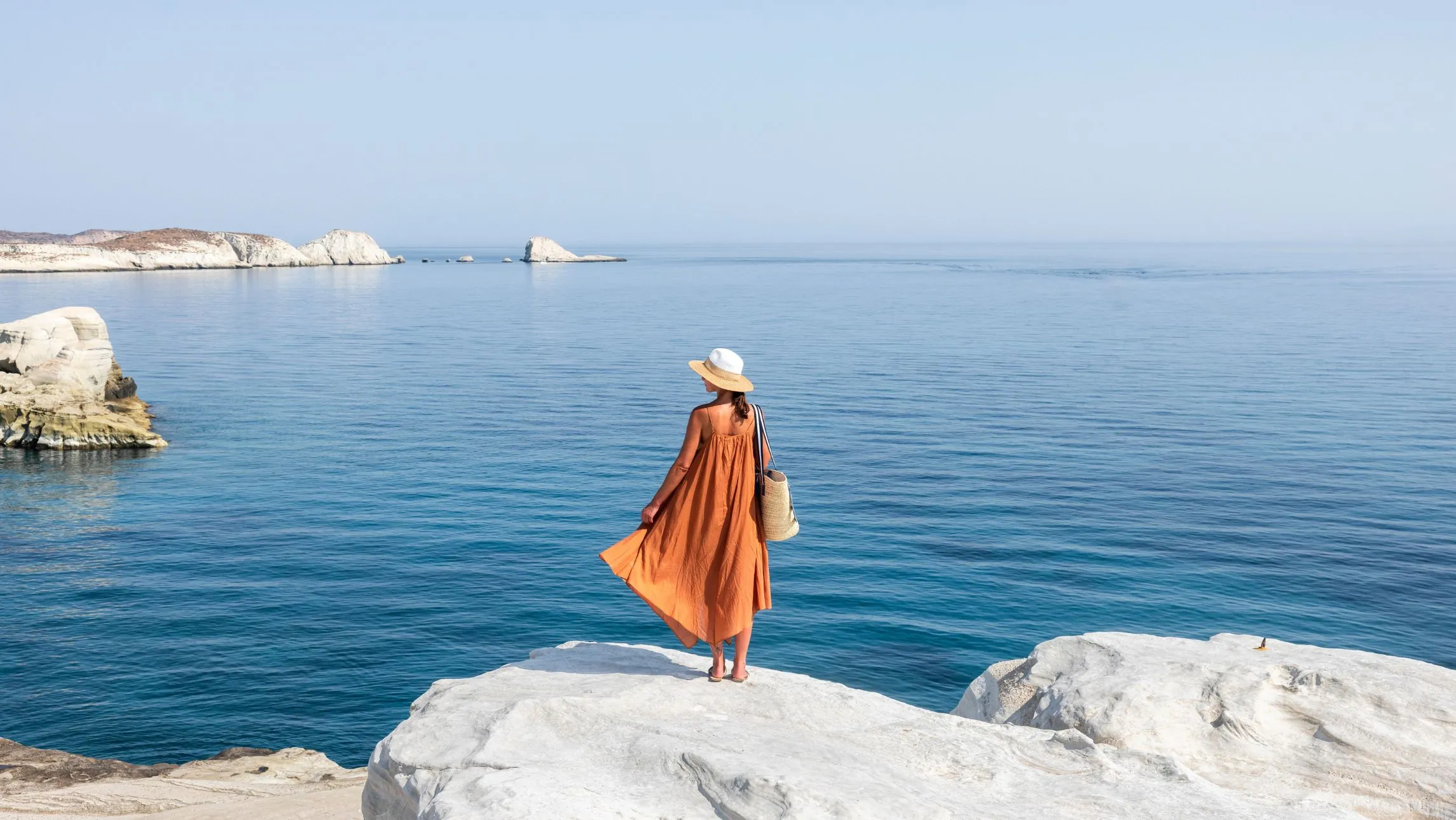Thredbo’s website crashed as 30,000 Aussies raced to get ski tickets last week. Is Australia ready to travel? Oh yes it is!
But travel isn’t as simple as it once was – the check in process is more intensive, air travellers are requested to wear masks and carry hand sanitiser, dining out and entertainment options have been curtailed, and anyone with cold or flu symptoms may be denied boarding or room at the inn.
With rules changing almost daily, and differing between states and territories, it’s hard to know exactly what you can and cannot do.
Here’s a brief list of where you can travel in and out of state, and how you can eat and drink when you’re there.
Intrastate travel
There are now no limits on where you can travel within NSW, and up to 10 people (more than 10 if you’re the same household) can stay in a holiday home together.
In Victoria, you can travel wherever you want within the state, and can stay in holiday homes, private residences and tourist accommodation such as campsites with no communal facilities.
You can travel anywhere within Queensland, with the exception of certain remote communities, which may require quarantining.
You can travel anywhere you want within Tasmania.
Recreational travel to most regions of Western Australia is now allowed; exceptions include the Kimberley, biosecurity zones in the Shire of East Pilbara and the Shire of Ngaanyatarraku, and remote Aboriginal communities.
There are no restrictions on travel within South Australia, but certain Aboriginal communities have closed access to non-essential visitors who must get permission to enter and quarantine for 14 days.
There are no restrictions on travel within the Northern Territory.
Travel within the ACT is unrestricted.
Interstate travel
You cannot enter Queensland unless you have applied for and been granted an exemption. Interstate travel is likely to be allowed by July 10.
Anyone in Australia can travel anywhere in NSW for a holiday without quarantining.
There are no restrictions on leaving or entering Victoria; stays at tourist accommodation without communal facilities is permitted.
All non-essential travellers to Tasmania, including returning residents, must quarantine for 14 days on arrival, non-residents in government-provided accommodation.
You cannot enter Western Australia unless you apply for and are granted an exemption.
Anyone can enter South Australia but, until July 20, must quarantine for 14 days after arriving.
Unless you have been granted an exemption, anyone entering the Northern Territory must self-quarantine for 14 days. International arrivals still have to undertake a supervised quarantine at personal cost.
There are no border restrictions entering or leaving the ACT.
Dining and drinking
In NSW, venues are open as long as capacity does not exceed 50 customers per seated area, or one customer per four square metres, and customers must provide their name and contact details. Maximum of 20 patrons per booking.
In Victoria, venues can seat up to 20 patrons in an enclosed space, with only one customer per four square metres and tables at least 1.5 metres apart. Venues must keep the name and phone number of every customer and alcohol is only available with meals. From June 21, the number of diners allowed will increase to 50.
Queensland dining venues can seat up to 20 patrons at a time, with four square metres per person. Venues in the outback are allowed up to 50 locals, who must show proof of residence. Casinos can seat diners, but bars and gaming must stay closed. From July 10, up to 100 people will be allowed to dine in.
Tasmanian venues can serve food and/or drinks to up to 40 guests per venue if there is four square metres per person, and contact details need to be collected for at least one diner per group.
In Western Australia, cafes and restaurants can only operate with seated service. Alcohol may be served without a meal at licensed premises and food courts can reopen, but patrons must be seated when eating or drinking.
In South Australia, up to 80 diners are allowed in a venue, but must be separated into groups of 20 in separate areas, with four square metres per person. Pubs, wineries and cellar doors are allowed to serve alcohol without food to seated patrons.
In the Northern Territory, all businesses are allowed to reopen as long as they have a Covid-19 plan. The two-hour limit has been lifted and you can now purchase alcohol from a bar.
ACT venues can seat a maximum of 100 patrons per space or one person per 4 square metres. Alcohol can be ordered at the bar and served without a meal, but patrons must be seated and in groups of no more than 10 people (groups of diners can have 20). Live music has started again, and cellar doors can do tastings without food for up to 10 seated patrons.
*Information accurate at time of writing








